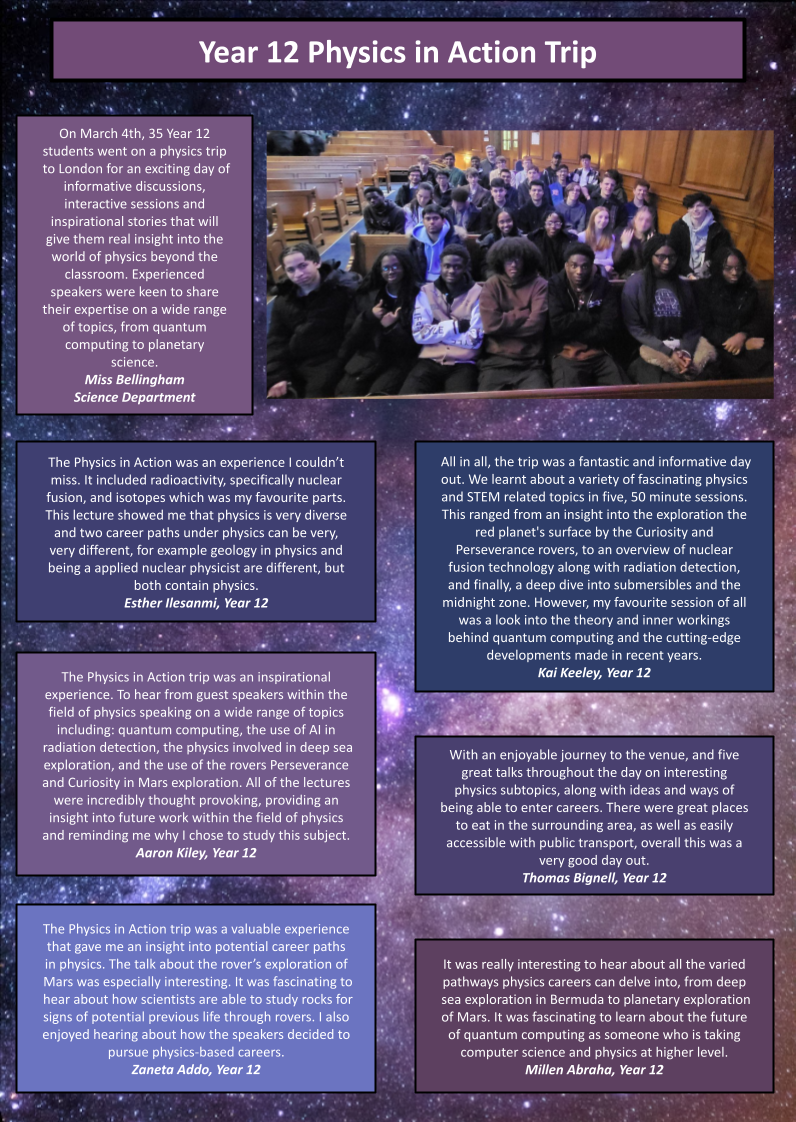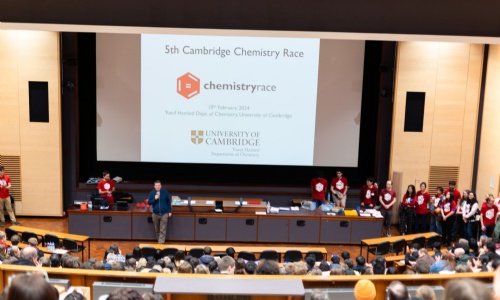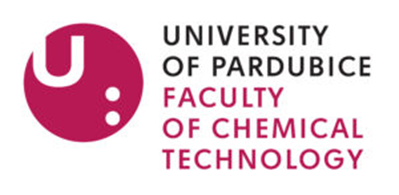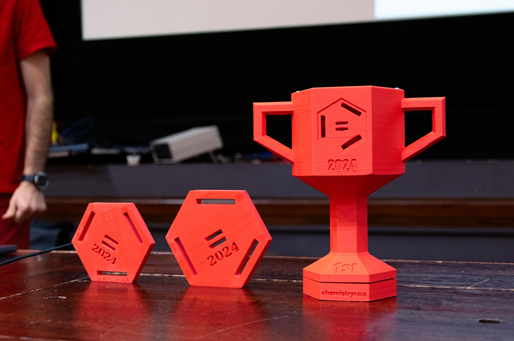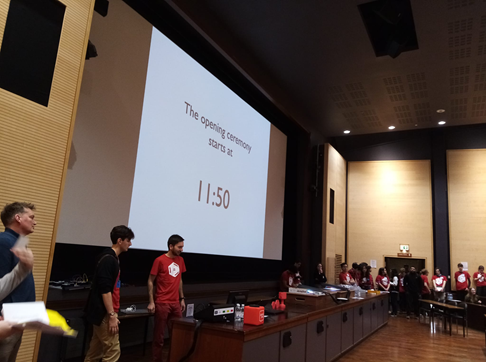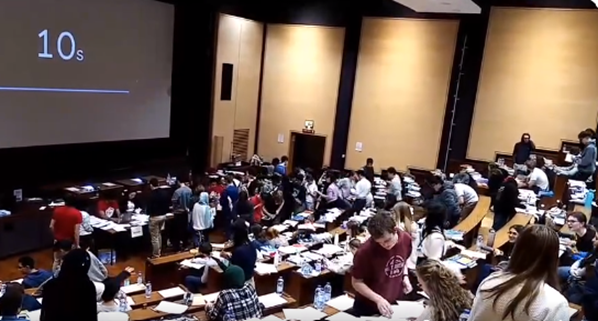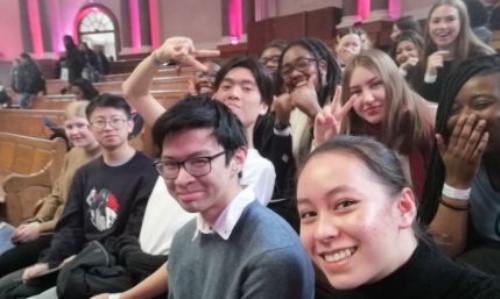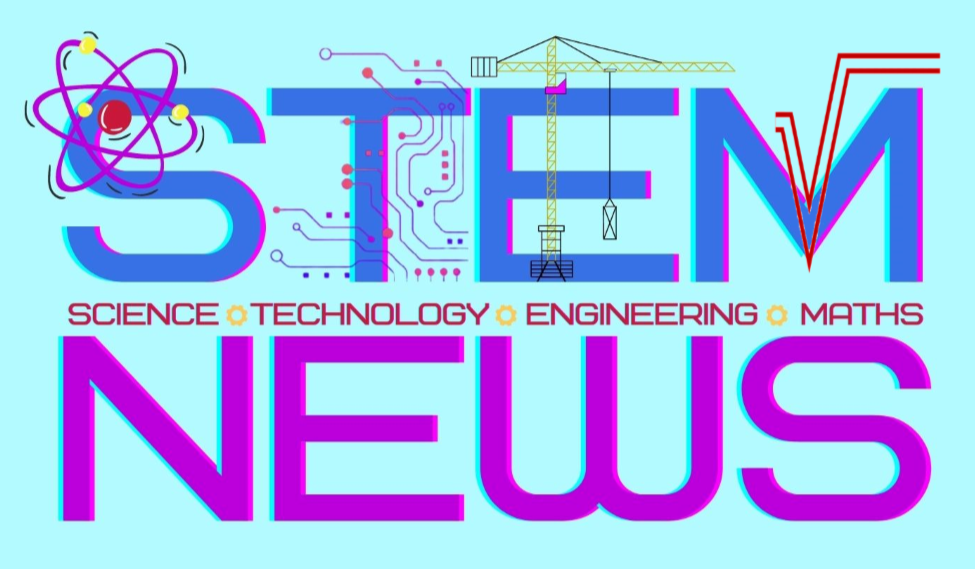Year 7 Media Correspondents Science Week Report
Rocket Science

Science has always been amazing but on Wednesday last week we had an extremely amazing show: The rocket show that we’re writing about today. The show consisted of multiple experiments and a lot of fire. But don’t worry, it was very safe.
Charlotte’s favourite part of the show was when the balloon exploded due to the mixture of helium and a type of acid.
Lakshi’s favourite part of the show was when we lit plastic bottles on fire, and they flung them in different directions.
Another good part of the show was when Nathan demonstrated that, in fact, jetpacks will not be invented until a scientist can figure out how to balance human weight and the fuel used to fly.
In conclusion, the show was a blast, and it was very entertaining, and we enjoyed it so much. We are so glad Nathan had time to show us the wonders of science, because with science, humans can achieve anything.
Lakshi & Charlotte, Year 7 Correspondents
Last Wednesday, KS3 had the pleasure of watching a live show of 'Wonderstruck' that was all about rocket science. It had absolutely everything, from jumping Rice Krispies to mind-blowing demolitions (amongst so much more). The show was interesting, exciting and really funny - it even had the participation of staff and peers.
My favourite part, by far, was when we put together our very own homemade rocket engine. This was 2 litres, which we later found out was enough to propel a student (shout out to Jeeya) in a 'car' all the way across the hall. I thought this was especially cool because something so important to the field of science was right in front of us, so simple and easy to put together.
Something else that confused me was when we set fire to a cotton wool ball and, while alight, could be picked up and tossed from one hand to the other. This proved how heat rises, so by bouncing it on a flat palm, you could avoid a nasty burn.
The last thing I would like to talk about is one of those mind-blowing demolitions I mentioned previously. To do this, a huge balloon was filled with nitrogen, which I learnt at room temperature is a gas. Then finally, we set light to the balloon engulfing itself and the space around it in flames. To top it all off, it created a mighty bang that, even with my ears covered, was immensely loud.
Overall, I really enjoyed this show. I learnt so much without even realising it; what an opportunity to watch first hand. Oh and, of course, I will not forget, as they kept telling us: do not try this at home!
Ayla, Year 7 Correspondent

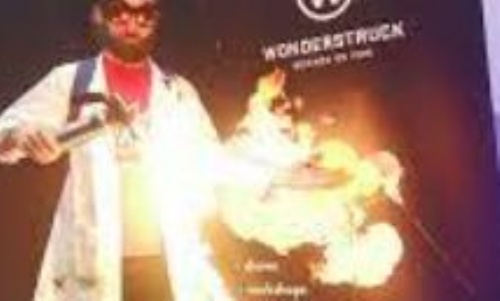
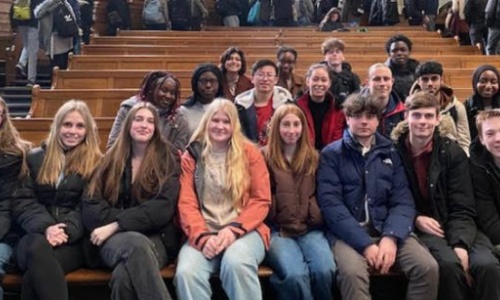

.png)
